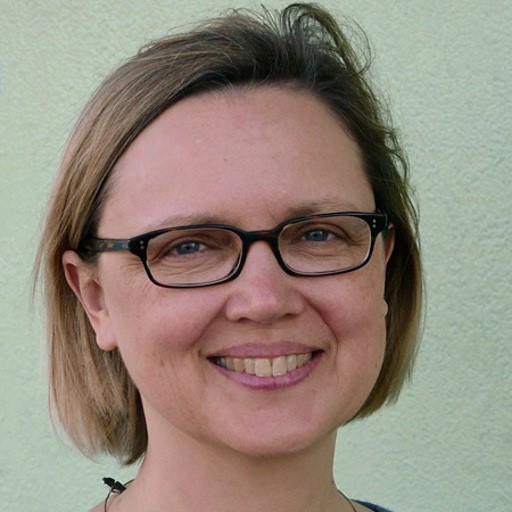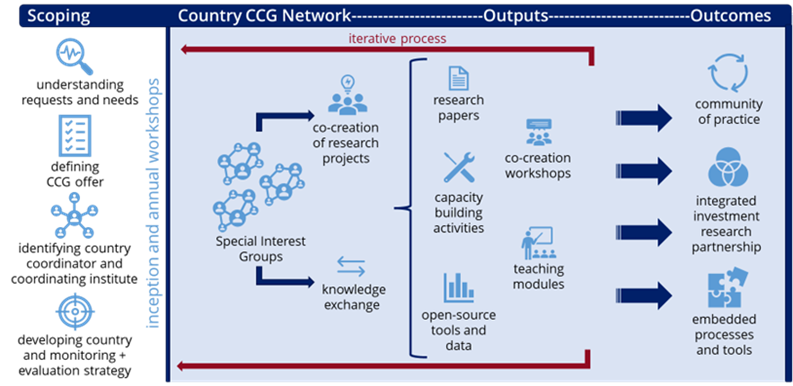Country Partnerships
Climate Compatible Growth is demand driven. To understand that demand we are developing country partnerships, so that the needs of partner countries can be embedded into CCG research.
The Country Partnerships team is led by the Centre for Global Equality (CGE) and the University of Cambridge. By promoting shared interests and having an appropriate in-country presence, effective collaborations that are based on the country requirements can be established to deliver impacts that fit the needs of said countries.

(CCG Country Partnerships Lead + CEO of the CGE)

(CCG + CGE Country Partnerships Coordinator)

(CCG + CGE Country Partnerships Coordinator)
CCG currently has six national partnership countries – click the links below to learn more about our activities in each country:
Within these partner countries, the CP team aims to embed CCG expertise and processes into the country and create a community of practice in the form of the Partner Country CCG Network. Within each Country Network researchers, influencers and decision-makers, work together in Special Interest Groups (SIGs) to co-create and implement research that harnessed CCG-derived evidence, tools and frameworks. Long term, each Country CCG Network will be considered a trusted broker of interdisciplinary, policy-facing research which policy makers can draw upon when developing financeable plans for climate compatible infrastructure projects.
The CP team identifies key stakeholders within partner countries who are committed to achieving Climate Compatible Growth. The team supports the ability of these key researchers, influencers, and decision-makers to enhance CCG in their countries by making available the evidence-based decision-making tools and processes produced through the CCG programme.
The Country Partnerships Approach
